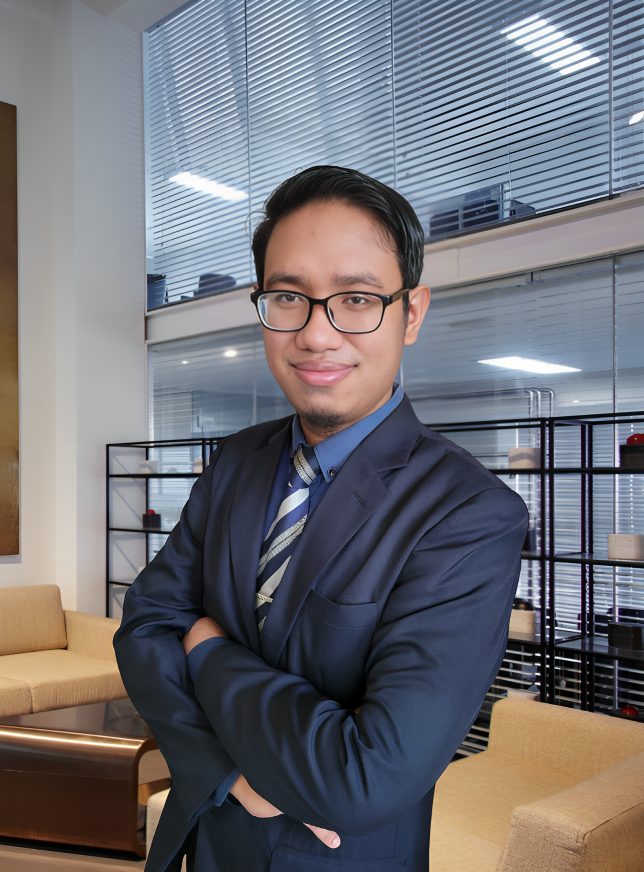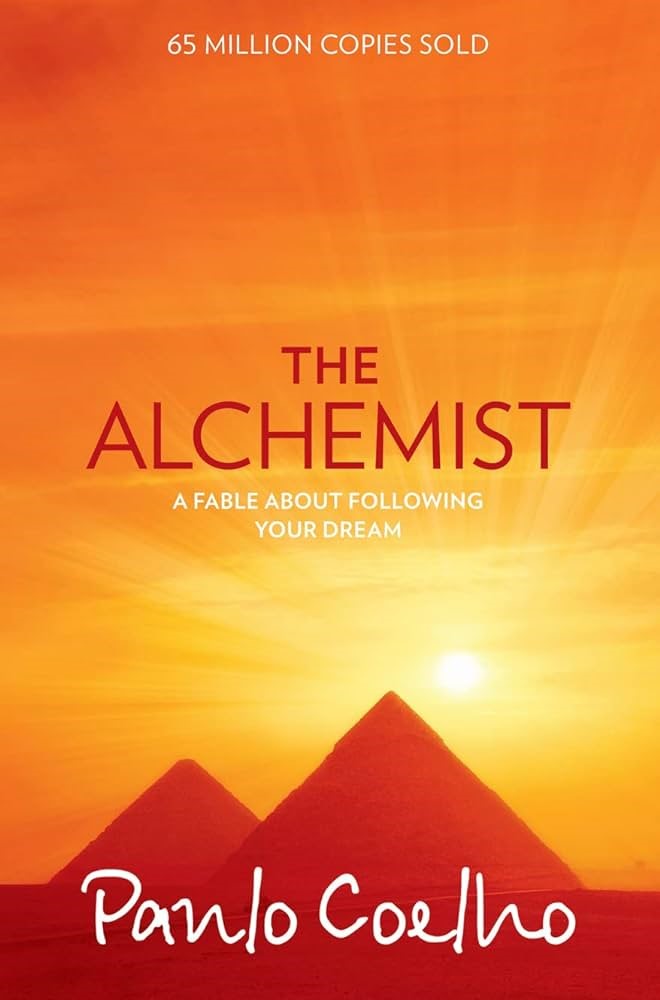Musab Bin Sahrim
VISITOR’S VOICE
Interview with Musab Bin Sahrim »
Universiti Sains Islam Malaysia
Artificial Intelligence

What are your favorite things?
Enjoying Food
I find solace in savoring takoyaki, a delightful Japanese street food. I also cherish the Japanese tradition of relishing hot dishes during cold weather and indulging in refreshing beverages during the summer months.
Exploring Scenic Japan
In recent years, my passion for sightseeing and appreciating Japan’s picturesque landscapes has flourished. Despite my academic endeavors at Meiji University in Tokyo, I discovered a deep affection for Kyoto’s serene temples and captivating scenery. These experiences provide a counterbalance to my AI work, underscoring the importance of tranquility and aesthetics in my life.
Watching Thought-Provoking Films
As an AI enthusiast, movies such as “The Matrix,” “Inception,” and “Interstellar” profoundly resonate with me. These cinematic masterpieces explore intricate themes like artificial intelligence, the nature of reality, and the future of technology, closely aligning with my academic background and research interests.
Interview
Unveiling the Alchemy of AI & Humanity: A Guest Scholar’s Odyssey
01
Please tell us about your research.
My research journey began during my undergraduate studies in Electronic and Communication Engineering at Meiji University in Tokyo. There, I discovered the potential of Artificial Intelligence (AI) to transform various aspects of humanity, including health, safety, well-being, and education. An interdisciplinary approach allowed me to see the vast potential of AI to bring about positive change in our society. During my PhD studies in the United Kingdom, I had the privilege of working on AI solutions to tackle challenges related to Alzheimer’s disease, further deepening my commitment to leveraging AI for the betterment of human lives.
02
Can you share with us an episode about any influential people, things, and places you have encountered whilst doing your research?
One person who has profoundly influenced my research journey is my PhD supervisor, Mark S. Nixon. He is a leading figure in the field of biometrics, known for pioneering the concept of gait biometrics. Mark’s groundbreaking work and dedication left an indelible mark on me. His introduction of gait biometrics as a means to uniquely identify individuals based on their walking patterns was visionary. Profoundly, this innovation inspired me to explore the potential of individual physiological and behavioral patterns as fundamental aspects to enhance AI applications.
03
How do you overcome the difficulties in putting together the results of your research into a research paper or book?
Overcoming the challenges of transforming research findings into a paper or book is a collaborative endeavor. I engage in discussions with colleagues, mentors, and technology tools to enhance the clarity and refinement of my work. Collaboration is essential because it provides fresh perspectives and valuable insights. I also collaborate with technology tools like ChatGPT to streamline the writing process and produce impactful publications.
04
Do you have any must-have gear for field research and writing?
My essential gear significantly boosts productivity and enables effective data gathering, analysis, and research documentation. These tools are indispensable for my field research and writing:
a) High-Performance Laptop: My mobile workstation, equipped with robust RAM and processing capabilities, serves as my primary tool for field research and writing. It facilitates AI algorithm execution, data processing, and seamless research paper composition, even in remote locations.
b) Noise-Cancellation Headphones: Sony noise-canceling headphones are my top recommendation. Their outstanding noise isolation and audio quality enable focused work during bustling field research or writing sessions in noisy environments.
05
Do you have any essential reads (books) that you can recommend to younger people?
I highly recommend The Alchemist by Paulo Coelho. This book emphasizes the significance of dreams, imagination, and unwavering belief in achieving one’s goals. It vividly illustrates that in life, there are countless possibilities to pursue, and what truly matters is our unwavering faith in ourselves.
06
What is your ideal image of a researcher, and do you have any advice for those who aim to become researchers?
My ideal image of a researcher is someone who blends technical expertise with a profound appreciation for the human aspect. For aspiring researchers, I offer this advice: Embrace interdisciplinary learning, stay curious, collaborate actively, believe in the power of technology, value cultural diversity, focus on the journey, and aim to contribute to society. In the AI world, innovation often begins with creative thinking and imagination, driving us to explore the boundless potential of the future.
07
What are your future ambitions as a scholar?
My future ambition is to advance the integration of AI with humanity, fostering cross-cultural understanding and enriching human experiences through technology. I aspire to engage in collaborative endeavors with global institutions and contribute to the development of AI applications that celebrate the rich tapestry of cultural diversity.
08
Why do you choose CSEAS, or what is your expectation here?
At CSEAS, I look forward to engaging in cross-disciplinary research that propels the advancement of AI while emphasizing the preservation and celebration of cultural diversity. I envision CSEAS as a valuable nexus for collaboration, drawing upon a wealth of cultural knowledge to explore innovative approaches for AI to coexist with and enhance the cultural heritage of East Asia. This fusion of technology and culture is central to my vision for the future of AI.
(December 2023)
Musab Bin Sahrim is a Guest Scholar of CSEAS
from December 2023 to February 2024
Visitor’s Voiceのインタビューをお読みくださり、ありがとうございました。
ぜひ感想をお聞かせください。
